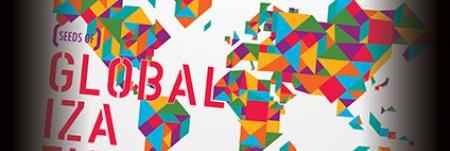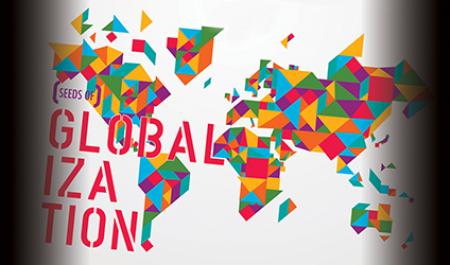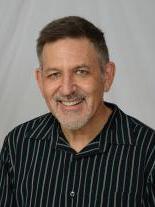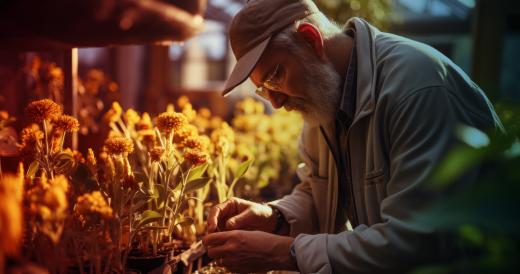Location:
Tuition:
How did our globalized economy and international culture come to be?
The “Rise of the West” idea has long suggested something innately superior about “Western civilization.” But there are better grounded ways than appeals to cultural or racial superiority to explain the emergence of today’s world, based as it is on European economic power, market logic, science and technology, and to a significant extent, culture. We will learn the central roles of biogeography, epidemiology, patterns of trade, geopolitics, and pure accident in the “Rise of the West.”
We will explore how the various regions of the world eventually became linked up. Then we will focus on the narrower question of how the current global system of capitalism and northern countries’ political and economic domination emerged and thrived. Now that system is globalized, and the era of northern hegemony may be coming to an end. We will see if we can make some sense of all this.
Required Reading:
- Crosby, Alfred. Ecological Imperialism: The Biological Expansion of Europe, 900-1900. Cambridge University Press, 2004. ISBN: 0521546184.
- Davis, Mike. Late Victorian Holocausts: El Niño Famines and the Making of the Third World. Verso, 2002. ISBN: 1859843824. (excerpts)
- Marks, Robert B. The Origins of the Modern World: A Global and Ecological Narrative from the Fifteenth to the Twenty-first Century. Rowman and Littlefield, 2006. ISBN: 0742554198.
Recommended Reading:
Additional readings listed on the syllabus have been uploaded to our password-protected site at http://course.hsp.arizona.edu







